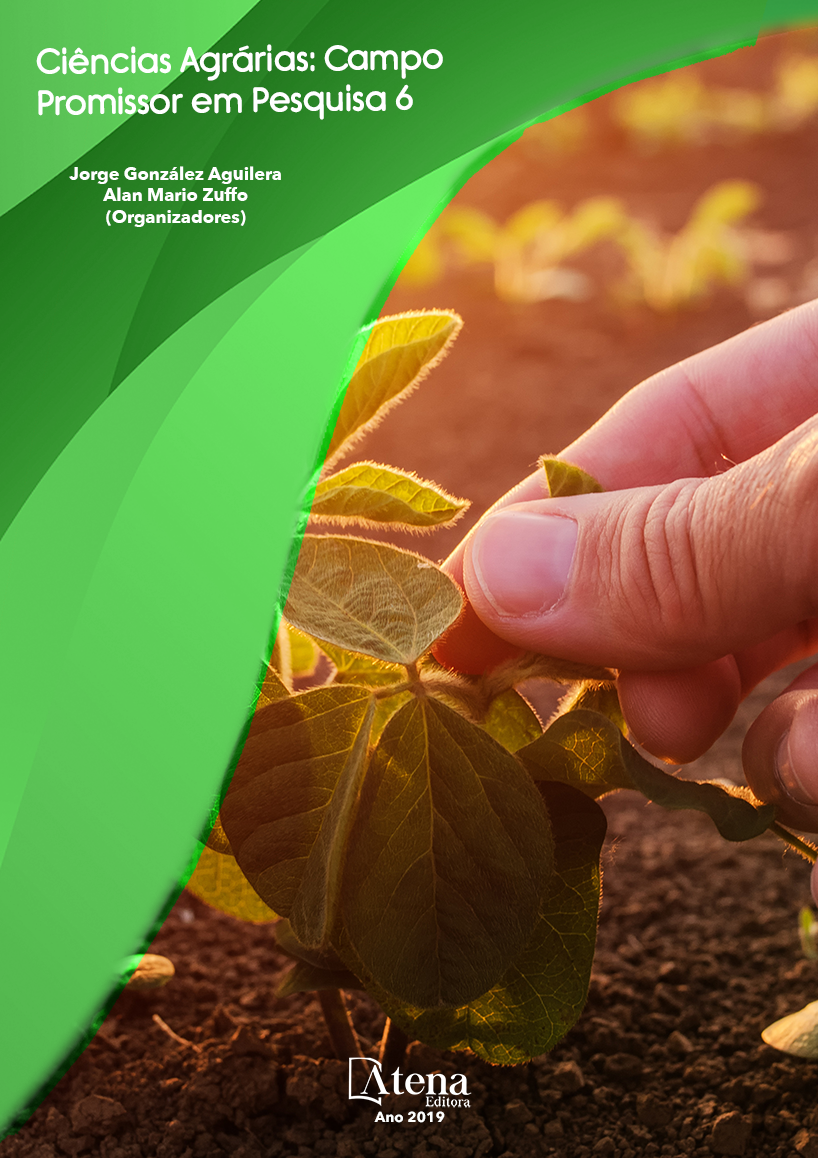
OCUPAÇÕES RURAIS NÃO AGRÍCOLAS E PLURIATIVIDADE COMO ESTRATÉGIAS DE PERMANÊNCIA NO CAMPO
Em um contexto globalizado e em
crise do capitalismo diferentes estratégias são
impostas e desenvolvidas por agricultores
familiares e por assentados da reforma agrária
para a sua sobrevivência. O objetivo deste
trabalho é discutir os conceitos de pluriatividade
e das ORNA (Ocupações Rurais Não Agrícolas)
e seu uso para a explicação de parte da realidade
rural brasileira num contexto de globalização.
Aborda a utilização destes mecanismos pelos
produtores familiares e assentados da reforma
agrária e a sua viabilidade para a permanência
no campo. Para a elaboração deste trabalho
utilizou-se pesquisa bibliográfica sobre a
temática e análise qualitativa dos dados. As
pesquisas de Carneiro (1998; 1999; 2001,
2016), de Alentejano (2001) e Graziano da
Silva (2001) revelam que o desenvolvimento
das ORNA e da pluriatividade se espalha por
todas as regiões do Brasil e em várias partes
do mundo. Ressalta-se que a aplicação
destas atividades por produtores familiares e
assentados contribui para a superexploração
do trabalho no campo, assim como ocorre no
meio urbano. Conclui-se que as diferentes
estratégias como pluriatividade e ORNA,
diversificação de culturas de forma individual
ou coletiva, contribuem para a permanência do
homem no campo, geram emprego e renda e
viabilizam os sonhos das famílias rurais.
OCUPAÇÕES RURAIS NÃO AGRÍCOLAS E PLURIATIVIDADE COMO ESTRATÉGIAS DE PERMANÊNCIA NO CAMPO
-
DOI: 10.22533/at.ed.20719210612
-
Palavras-chave: Agricultura Familiar. ORNA. Pluriatividade. Políticas Públicas
-
Keywords: Family farming. ORNA. Pluriativity. Public policy
-
Abstract:
In a globalized context and in
crisis of capitalism different strategies are
imposed and developed by family farmers and
by settlers of agrarian reform for their survival.
The objective of this work is to discuss the
concepts of pluriactivity and the NARO (Non-
Agricultural Rural Occupations) and its use for
the explanation of part of the Brazilian rural
reality in a context of globalization. It addresses
the use of these mechanisms by the family
farmers and settlers of the agrarian reform and
their viability for the stay in the countryside. For
the elaboration of this work as used bibliographic
research on the thematic and qualitative analysis of the data. The research of Carneiro
(1998, 1999, 2001, 2016), Alentejano (2001) and Graziano da Silva (2001) show that
the development of NARO and pluriactivity is widespread in all regions of Brazil and
in various parts of the world. It should be noted that the application of these activities
by family producers and settlers contributes to the overexploitation of work in the
countryside, just as it occurs in the urban environment. It is concluded that different
strategies such as pluriativity and NARO, individual or collective diversification of
crops, contribute to the permanence of man in the countryside, generate employment
and income and enable the dreams of rural families.
-
Número de páginas: 15
- José Benedito Leandro


